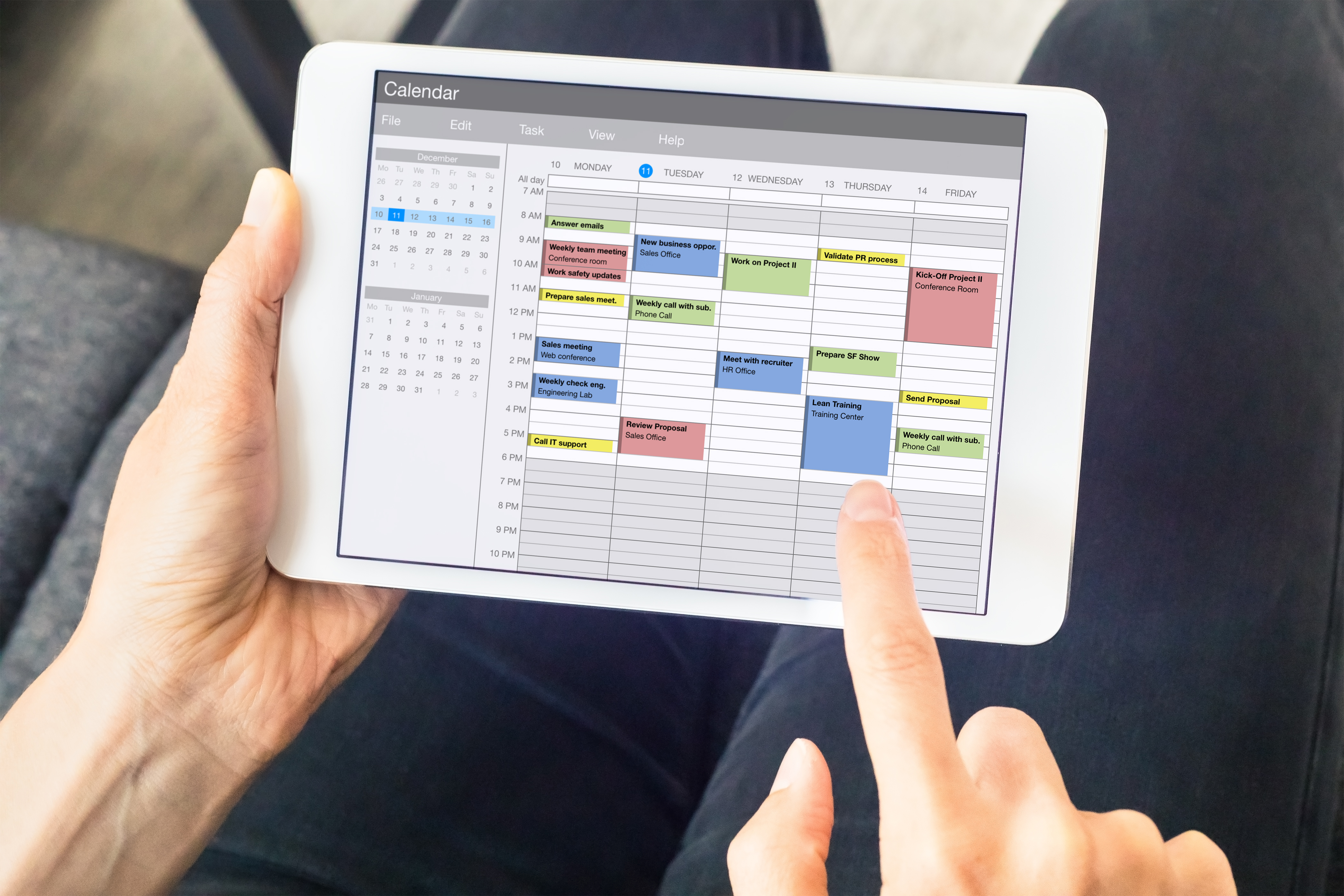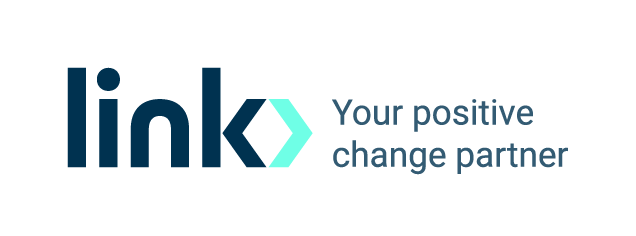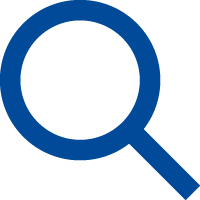
Sourcing large volumes of promotional products from China (and other Asian markets) is a complex and time-consuming process. We are often asked by our customers why it ‘takes so long’ to produce promotional marketing products in the Far East, and the answer is never simple. However, it helps if you understand the key steps involved, and the time it can take to work through them.
In this blog, we explain these steps, the typical scheduling required for a ‘standard’ promotional item, and offer some useful insights into the most important factors that should be considered when sourcing new marketing materials from Asia.
Scheduling
Dealing with Chinese factories can be challenging and is filled with potential pitfalls such as sampling, quality/safety checks, label compliance and shipping delays. It involves a complex supply chain with multiple points of failure or deviance to consider. It helps to visualise the process, so the diagram below sets out the key steps and a rough guide to timings for each.

Of course, in reality this process is often shortened, depending on the material used, volumes required, design complexity etc. But the key stages to bear in mind remain the same:
- Initial Inquiry/Budgeting/Plain Samples (up to 4 weeks)
- Branded Samples/Product Testing (up to 4 weeks)
- Production (up to 6 weeks)
- Shipping (2-6 weeks, depending on destination)
So, for example, if a product is required to market in September, the initial brief should ideally be shared early May at the latest, to allow enough time for all the steps to take place.
Variables to Consider
There are many factors to consider when sourcing promotional products directly from Asian manufacturers. Here’s eight of the most common issues that should always be front of mind when planning a marketing activation which includes promotional items manufactured in Asia:
- Bespoke products – Bespoke items can take up to 3-6 weeks extra (depending on complexity) to quote, sample and produce.
- Chinese New Year (CNY) - CNY affects production capacity across Asia during January & February every year. If a production run falls across these months, expect at least 3-4 weeks to be added to the timeline. If products are required for delivery in April/May/June, the project should be briefed in the previous September.
- Laboratory testing – If a product fails initial tests, it will affect the timeline. Product adaptation means further testing, which can add 3 weeks+ onto the timeline.
- Product Type – Some products will have a longer lead time, e.g. glassware or electronic products require more testing & can take longer in production.
- Volumes – higher quantities will increase the lead time.
- Samples – final pre-production samples can take up to 2 weeks and may incur additional costs, depending on the specification.
- Tooling – if a new tool/mould is required, this can add 4-8 weeks to the schedule. Tin moulds are quicker to produce.
- Freight method – Sea freight from China into Europe can take 5-6 weeks. Air freight is obviously quicker but much more expensive. Although it takes longer, sea freight is preferable in terms of cost and environmental impact.
Optimised Planning
Ideally, when planning a campaign, the above timeline should be used in order to allow adequate time for design, sampling, testing etc, and to optimise production, packaging and shipping methods, all of which help to leverage economies of scale and deliver high quality, compliant products into market.
Achieving full optimisation is not always possible, of course, and we often need to be flexible in finding practical solutions for our customers. However, in an ideal world, using this optimal planning methodology will result in the best possible product being manufactured at the best price, and arriving on time, in market, for any given campaign. Robust, adequate planning results in a high-quality product which can add great value to a marketing activation.
If compromises are made at any point due to poor or rushed planning, with such a complex supply chain this inevitably adds time and cost to the process, often resulting in a sub-optimal product which can detract from, rather than enhance the overall impact of a campaign.
Another consequence of sub-optimal planning is the potentially detrimental environmental impact of poor packaging and/or shipping choices, such as non-recyclable packaging materials going to landfill, inefficient packing schematics (leading to heavier consignments & higher logistics costs), or hugely increased carbon emissions for air freight requirements on 'rush orders'.
Highly Experienced Team
Our Sales Support & Merchandising teams in Hong Kong and China are on hand to guide ASL customers through this complicated process. We work directly with a wide range of high quality, well-established Asian manufacturers and our dedicated QA team in Shenzhen ensures that all products are 100% compliant with regional, local and brand-specific regulations & guidelines.
The team has many years’ experience sourcing a huge range of promotional items from across the Asia Pacific, and our Product Designers based in Hong Kong, Philippines, Latin America & Portugal create hundreds of new product ideas every year for some of the world’s biggest brands including Coca-Cola, Diageo, Heineken, L’Oréal and Unilever.
All this experience provides invaluable support to our customers as they build out their marketing calendars for the year ahead. In these uncertain times, the value of robust planning, optimal scheduling and expert global supply chain management has never been higher.
ASL Global sources marketing & promotional goods for the worlds biggest brands. Contact us today to see how we use the best new ideas to help create and execute exciting marketing campaigns which engage consumers.

Discover more about our ONE WORLD initiative







